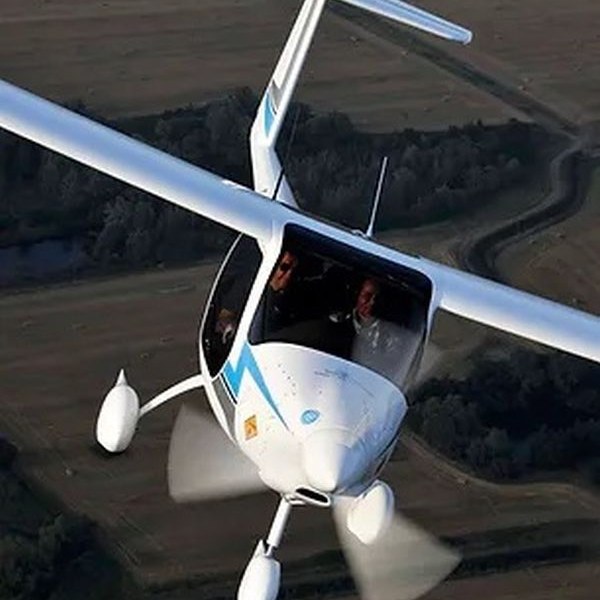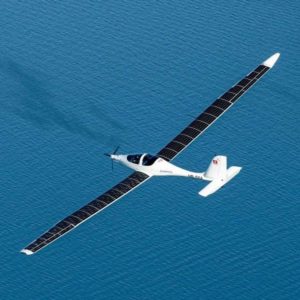No products in the cart.
Electric Flight Differences Training
Showing the single result
Filters Sort results
Reset Apply
7 sorties minimum. If you would like further information, please send us an enquiry. Last Updated: 16-05-2023 | Company / Seller: Location: England ⋅ Essex ⋅ Europe ⋅ Upminster ⋅ South East ⋅ UK |
Electric Flight Differences Training on AvPay
AvPay has a range of Electric Flight Differences Training in the US, Europe, Australia, South Africa and throughout the world. Contact Flight Training Providers directly on AvPay to compare prices through the Aviation Directories here: https://avpay.aero/directory/
AvPay is a global aviation marketplace that lets you browse a wide selection of Electric Flight Differences Training. View all of our Flying Training Couses and discover other related Aviation Products & Services here: https://avpay.aero/marketplace/
Can’t find the Flight Training Course you’re looking for? Check-out the Aviation Directories to find an Aviation Company that offers the service you’re looking for: https://avpay.aero/directory/
AvPay: Connecting Pilots with Approved Training Organisations Worldwide!
Electric Flight Differences Training is a specialized training program designed for pilots who are transitioning from piston engine aircraft to electric aircraft. As the name suggests, it focuses on the differences and unique considerations associated with operating electric-powered aircraft compared to traditional piston engine aircraft. The training aims to familiarize pilots with the specific characteristics, systems, and operational aspects of electric aircraft. Electric aircraft operate on different power systems and utilize electric motors, batteries, and related components. Pilots need to understand the principles of electric propulsion, including battery management, charging procedures, and monitoring system performance. Differences training ensures pilots are familiar with these systems, their limitations, and how to operate them safely. Electric aircraft often have different performance characteristics compared to piston engine aircraft. This includes factors such as climb rates, power management, range limitations, and endurance considerations. Understanding these differences is crucial for efficient and safe flight planning, including optimizing energy usage and managing battery capacity. Electric aircraft typically require monitoring and management of battery systems, charging cycles, and energy consumption. Pilots need to learn how to interpret electric system data, monitor state-of-charge, and manage power levels during flight. Differences training helps pilots develop the skills and knowledge to effectively monitor and manage these systems. Electric aircraft may have specific emergency procedures related to electric system failures, battery malfunctions, or loss of power. Pilots need to be aware of these procedures and understand how to respond appropriately to different emergency scenarios. Differences training ensures pilots are prepared to handle electric-specific emergencies and perform the necessary procedures for safe recovery. Electric aircraft introduce new safety considerations related to high-voltage systems, battery management, and handling potential fire hazards associated with electric propulsion. Pilots must be trained on the proper safety protocols, including understanding the risks associated with electric systems, emergency shutdown procedures, and responding to incidents involving electric components. As electric aircraft operations become more prevalent, regulatory authorities may require specific training or endorsements for pilots operating these aircraft. Differences training ensures that pilots meet the necessary regulatory requirements and are knowledgeable about the specific considerations associated with electric flight. Electric Flight Differences Training plays a crucial role in ensuring pilots transitioning from piston engine aircraft to electric aircraft are equipped with the knowledge and skills to operate these innovative aircraft safely and effectively. It addresses the unique characteristics and systems of electric aircraft, allowing pilots to make a smooth and informed transition to this emerging technology.


